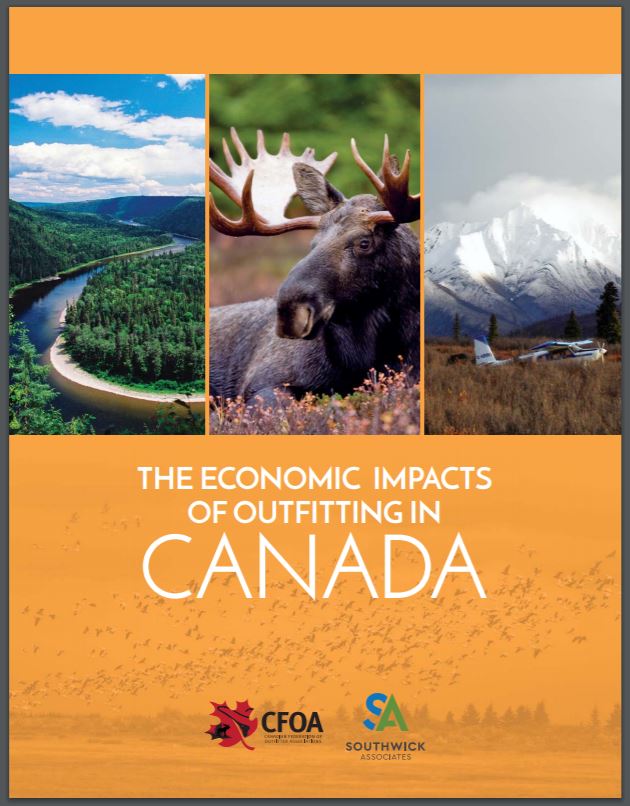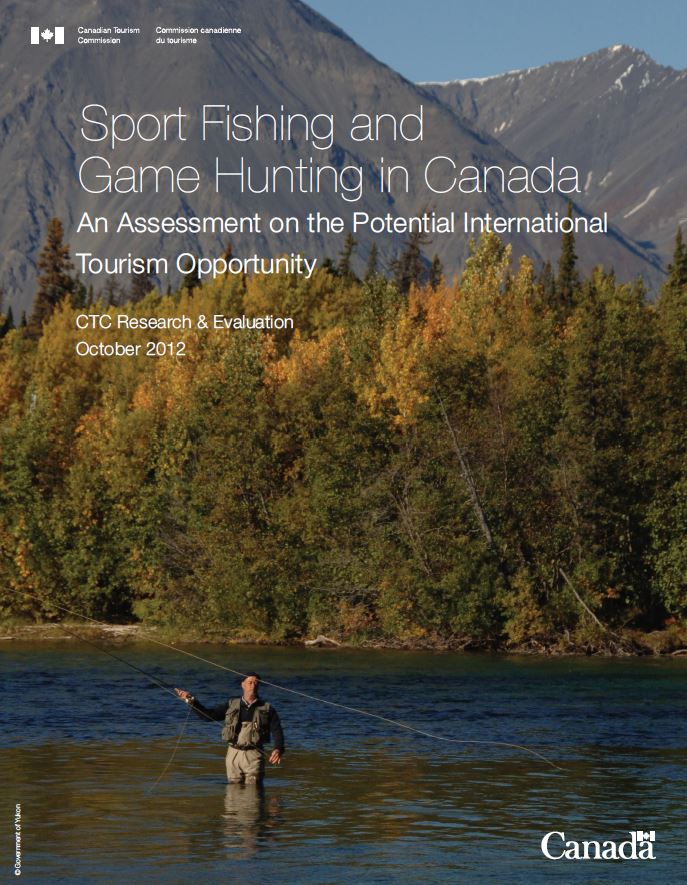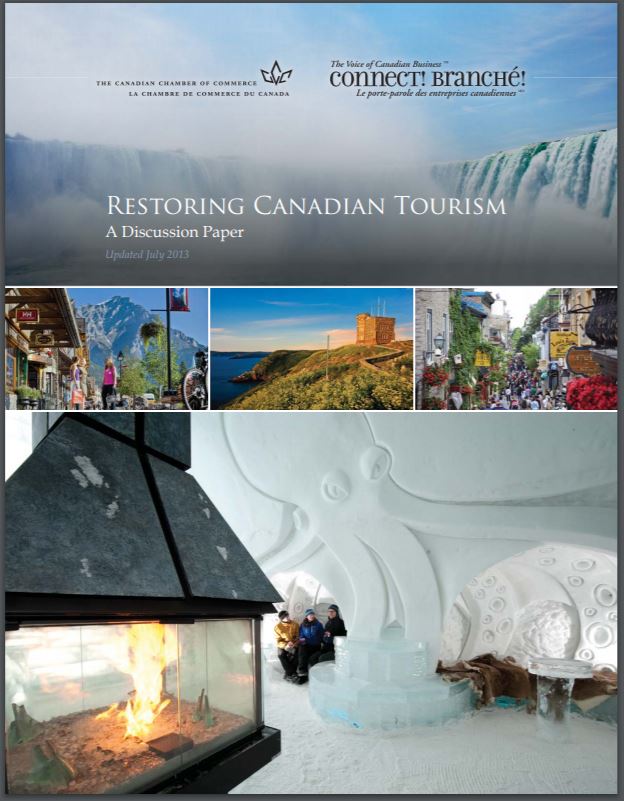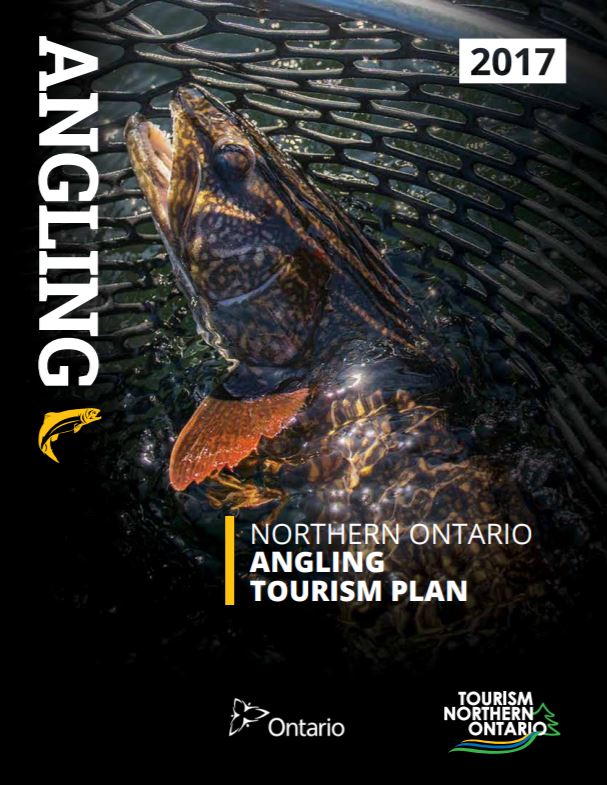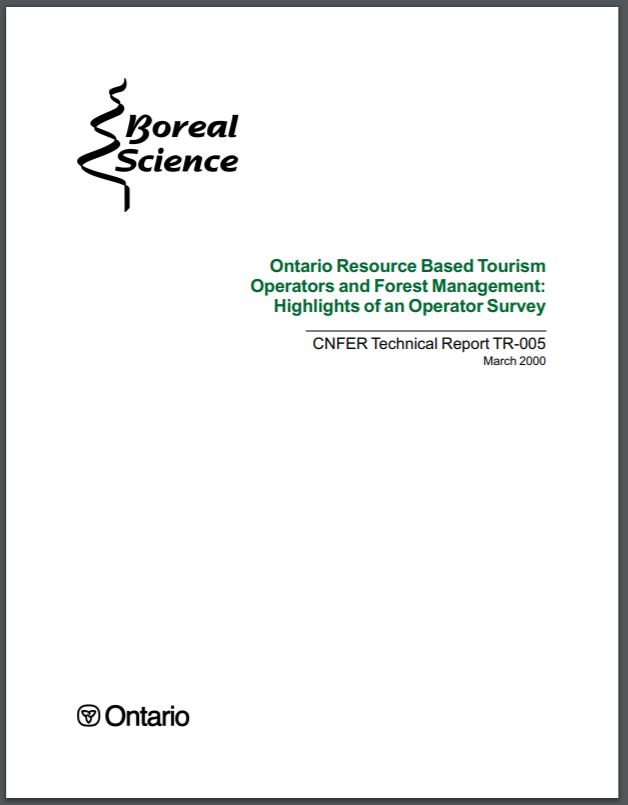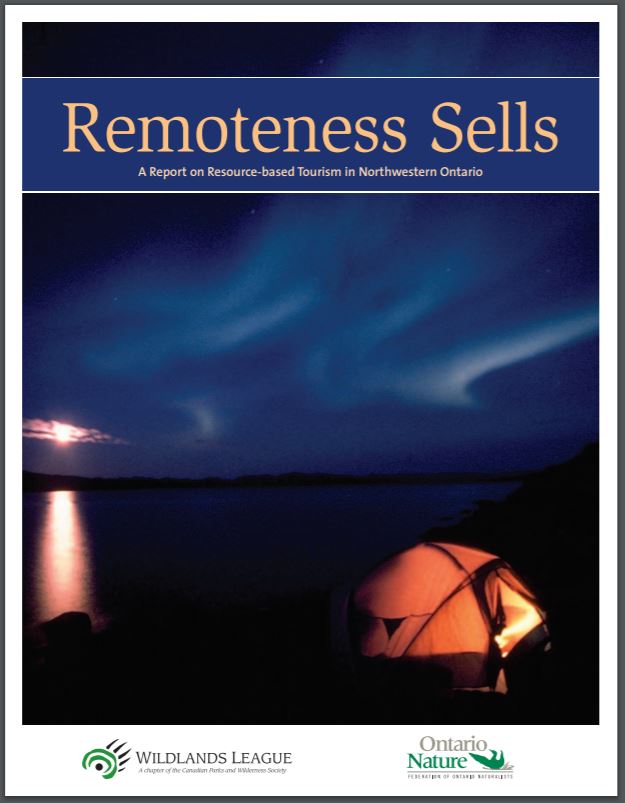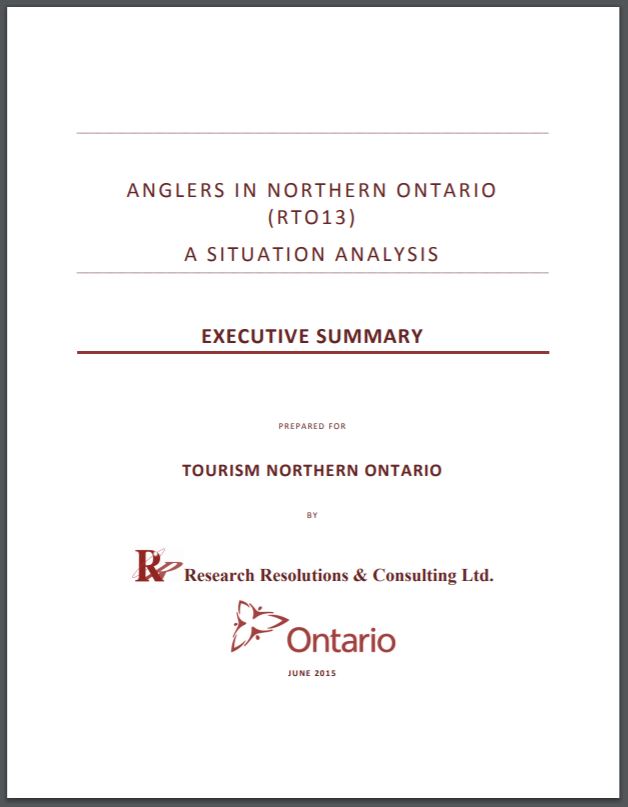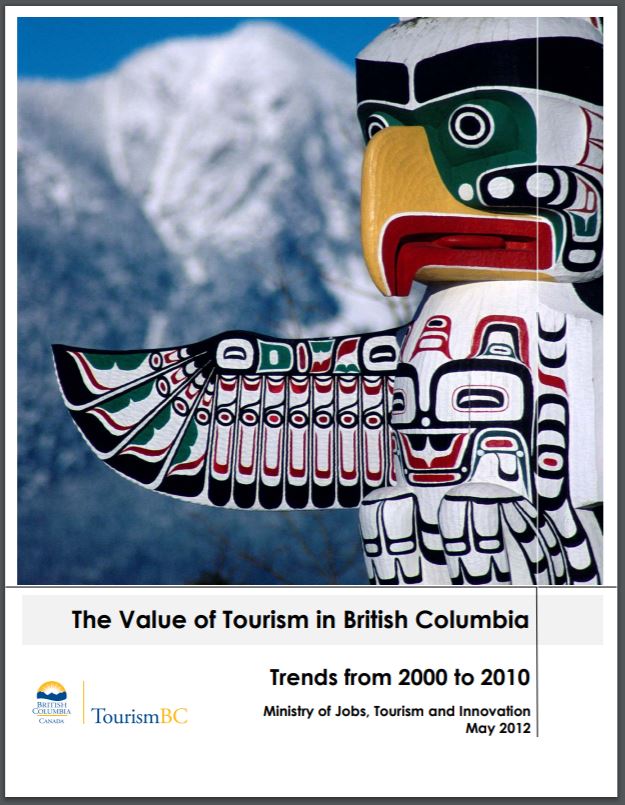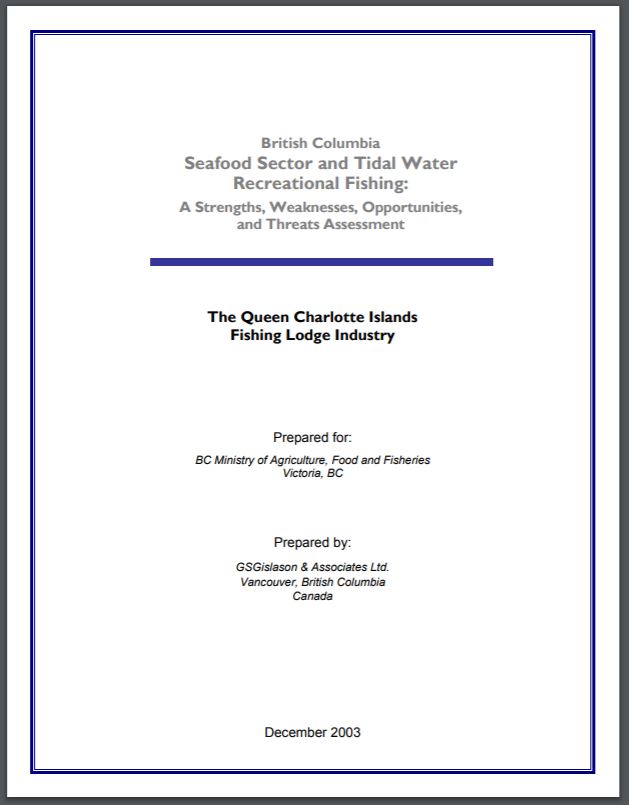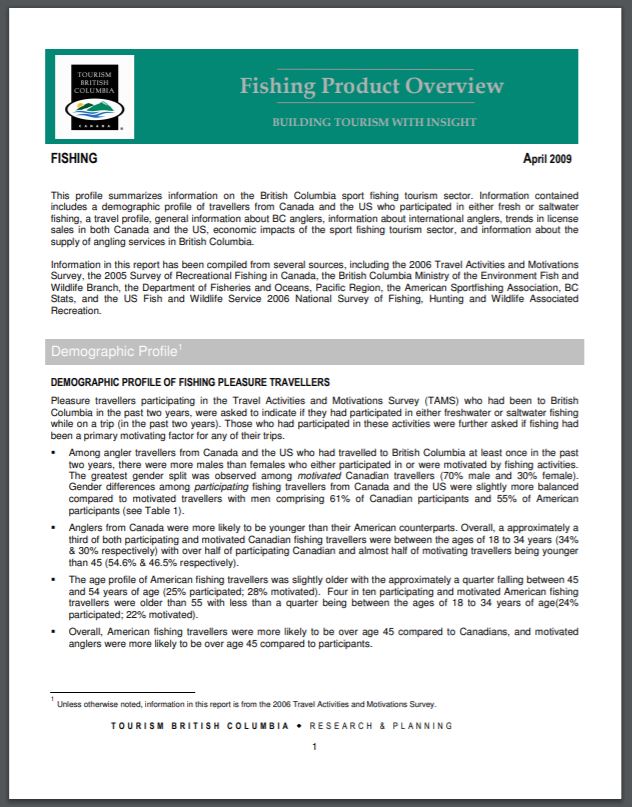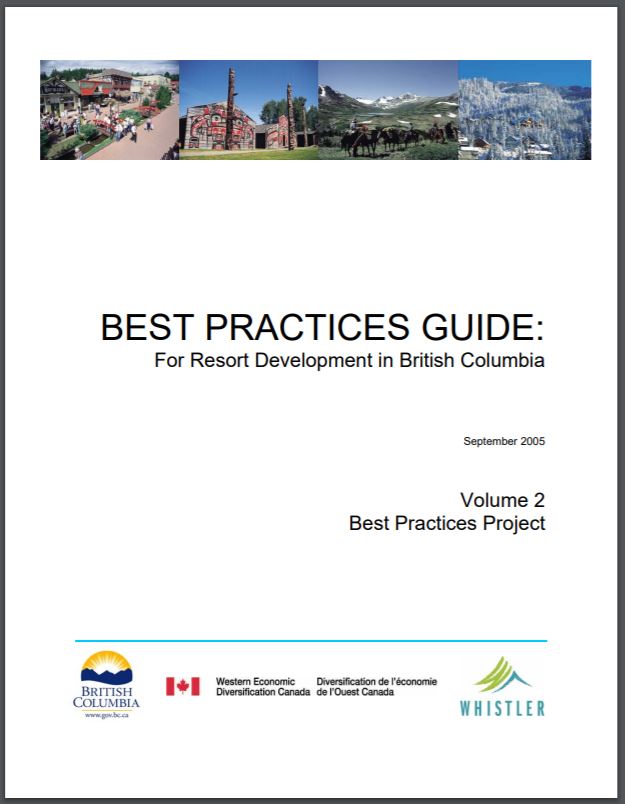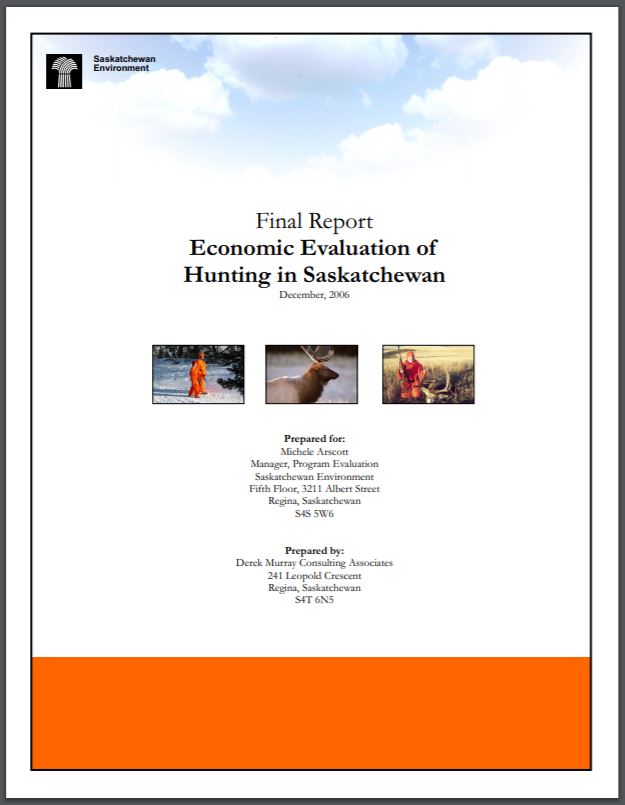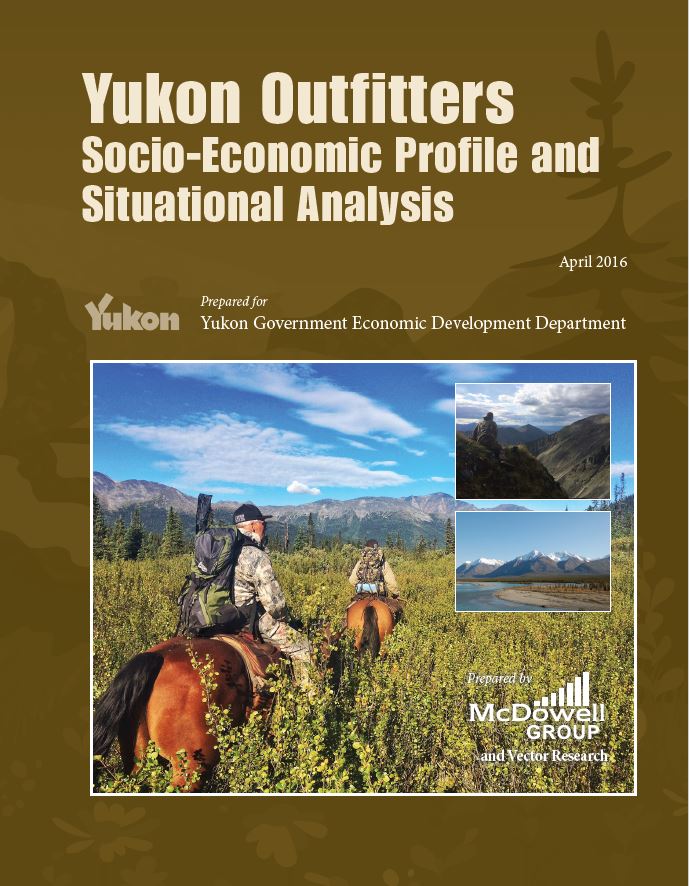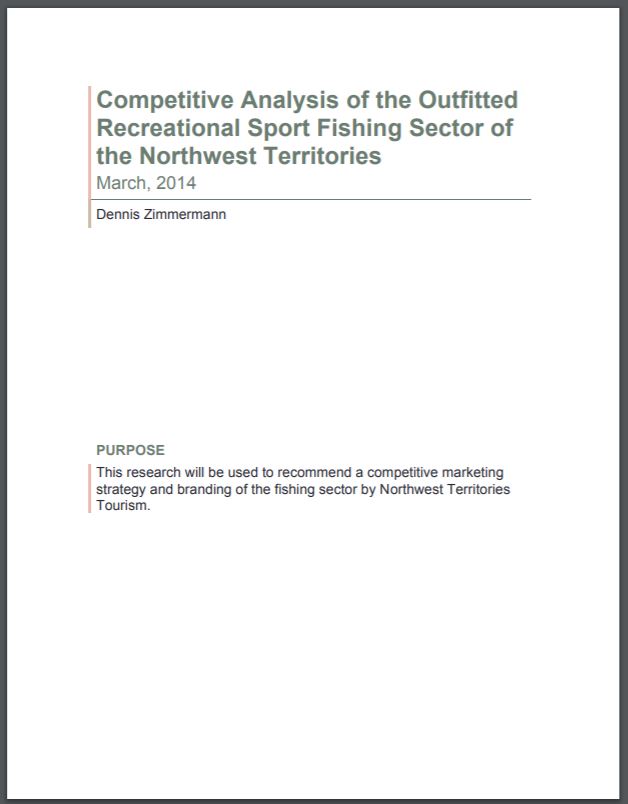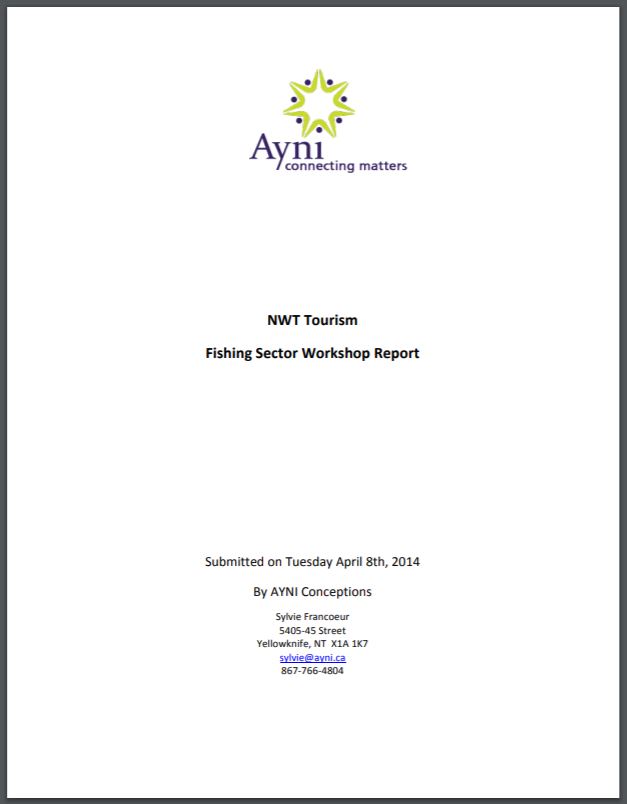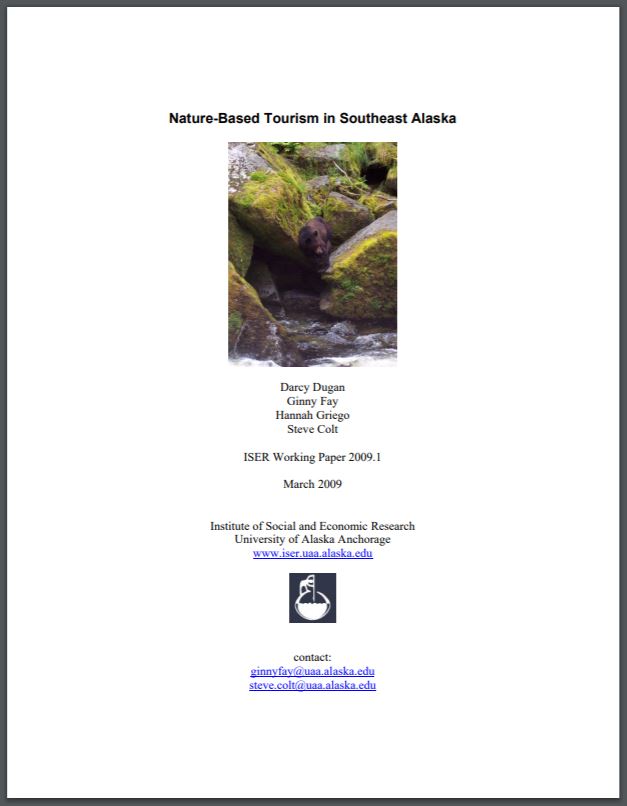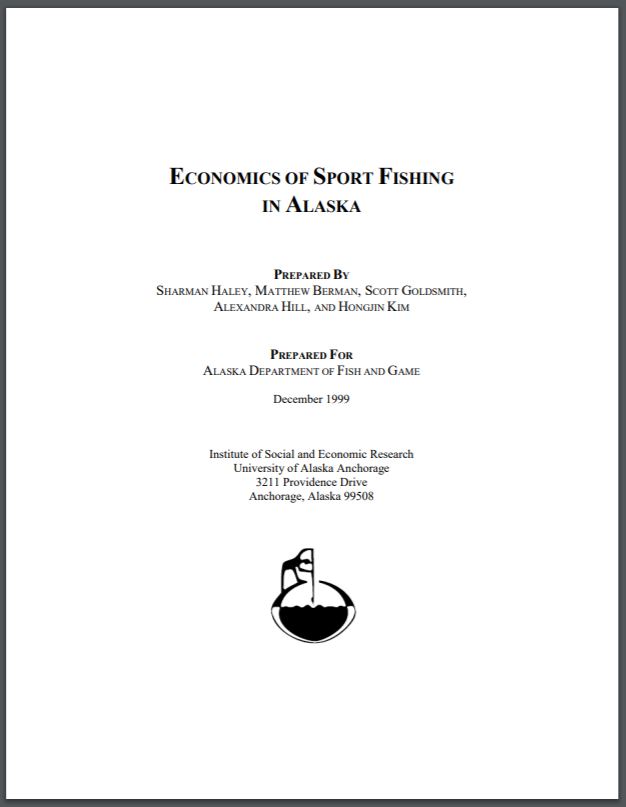Canada is a nation rich in natural resources, breathtaking scenery and some of the most sought-after game and fish species in the world. As a result, outfitting services for hunting and fishing in Canada are big business as sportsmen from across North America and around the globe flock to the country for the adventure of a lifetime.
Canada’s vast land and beautiful wilderness offers amazing landscapes and an unprecedented variety of outdoor activities. Its lakes, rivers and rugged coastlines are prime sport fishing grounds, and from its inland central forests, to the Rockies in the west, to the pure expanse of vast arctic plains, are home to some of the best outdoor activities ever experienced.
Every day, more than 57,000 international overnight visitors stream into Canada, drawn by our safe, secure cities, friendly people, and remarkable natural parks and wildlife. These visitors are welcomed by hundreds of thousands of Canadians who work in our tourism sector, and who show off the very best our country can offer. From our largest cities to our most remote wilderness, and from world-class resorts and convention centres to the family-run bed-and-breakfast, there are few places in Canada that tourism does not touch.
For six decades Canada has been one of the world’s premier tourism locations. Today, the industry contributes $84.8 billion to the economy and drives private sector growth and jobs in all regions of the
country. It is also a sector that could contribute even more to the Canadian economy, given the right policy environment. But while the global market for tourism is growing at an astonishing rate, Canada’s share is shrinking. Just a decade ago, Canada was in the top 10 destinations in international arrivals but has slipped and is now in danger of falling out of the top 20.
Of the 105.0 million overnight North American tourists in Canada, almost one million (925,000 or 1%) claim to have done some hunting on their trip. Similar to all overnight North American tourists in Canada, Canadians dominate the hunting sector. They account for 9-in-10 of the North American overnight tourists who go hunting on their trips. Americans represent about one-tenth of Canada’s North American overnight tourists and the same proportion of those who hunt on their trips (9%).
Tourism Northern Ontario has taken a priority approach to research in the last five years and has focused its efforts by defining strategic priorities based on this research. This strategic approach has led TNO to focus on creating quality visitor experiences through both quality and culture shifts in the Northern Ontario tourism industry. This focus has led to a reallocation of resources, placing more effort on product development and moving resources from the more traditional marketing practices with the forethought of creating a stronger more powerful tourism region in the long run.
During the winter of 1998/99, resource based tourism operators who were members of the Northern Ontario Tourist Outfitters Association (NOTO) were provided with mail questionnaires. The survey was developed to help address many issues of the tourism/forestry interface including; 1. Operators’ perceived impacts of forest management activities on their resource based tourism businesses. 2. Operators’ experiences with and evaluations of the forest management planning process. 3. Operators’ awareness and evaluations of the Timber Management Guidelines for the Protection of Tourism Values. 4. Operators’ evaluations of the Canadian Council of Forest Ministers (CCFM) sustainability indicators for recreation and tourism and willingness to provide information for monitoring indicators of sustainable resource based tourism.
Ontario, and in particular the northern boreal region, has globally significant land, water, and culture. It is in an excellent position to provide travelers, including residents, with a world-class wilderness tourism experience. Research in Ontario has shown that in resource based tourism (RBT) remoteness sells.
This report, Moving Forward, provides an overview of Ontario’s resource-based tourism industry. It describes the strengths, weaknesses, opportunities and threats pertaining to it as identified by the working group at the inaugural meeting. Given the groups focus on identifying and resolving issues causing uncertainty in the industry, it describes a new tenure approach based on market values that will move short term land use permits for outpost cabins to longer term leases. The report also examines how the resource based tourism industry is regulated in other jurisdictions.
Northern Ontario offers some of the best fishing in North America and attracts tourists from across the continent to its lakes and rivers. It is a signature experience for the region and a core focus of Tourism Northern Ontario (TNO) and other marketing organizations throughout the North.
The tourism industry in British Columbia has shown tremendous resilience over the past few years in the face of many external shocks such as 9/11, SARS, the H1N1 virus, the earthquake and tsunami in Japan, and the global economic crisis. At the same time, the emerging trends in technology, the opportunities of the 2010 Olympic and Paralympic Winter Games in Vancouver and Whistler, and the successful completion of negotiations for Approved Destination Status with China have all brought exciting opportunities to the British Columbia tourism industry.
The Queen Charlotte Islands (QCI) or Haida Gwaii, its aboriginal name, is a pristine wilderness setting. The area is sparsely populated and is renowned worldwide for its magnificent vistas, unspoiled shoreline, and as the centre of Haida culture. Exceptional quality angling opportunities are available.
Anglers can fish for an abundance of large, trophy-size chinook and coho salmon, other salmon (pink, sockeye, and chum), halibut, lingcod, and rockfish. The outstanding angling opportunities combined with the magnificent setting means that the recreational fishing lodges in the QCI can provide a world-class destination
attraction.
This profile summarizes information on the British Columbia sport fishing tourism sector. Information contained includes a demographic profile of travellers from Canada and the US who participated in either fresh or saltwater fishing, a travel profile, general information about BC anglers, information about international anglers, trends in license sales in both Canada and the US, economic impacts of the sport fishing tourism sector, and information about the supply of angling services in British Columbia.
A key element of British Columbia’s economic development and tourism strategies is to support resort based tourism and enable operators to compete effectively in the international market. In 2003, the
Province created the BC Resort Task Force with a mandate to enhance resort development and partnerships in British Columbia, and to identify and eliminate barriers to resort development and expansion.
This economic impact evaluation was undertaken by the Department to provide a basis of information in ongoing policy and decision making processes. This study acknowledges the environmental and social externalities associated with the industry and provides some context and analysis on these impacts.
The business of outfitting has been a part of Yukon for more than 100 years, and while the industry is strong, it faces many challenges today. Outfitters provide opportunities for non-resident hunters and others to experience the remote Yukon backcountry. The purpose of this study is to present a picture of the social and economic contributions of the outfitting industry in Yukon.
The Northwest Territories (NWT) overnight sport fishing sector has faced a series of external trends that have led to a decline in visitation over the last decade. This has resulted in a consolidation of NWT lodges, with some closing their doors and others no longer investing or marketing their products. Despite this, the overnight sport fishing sector remains one of the largest sources of revenue for tourism in the territory.
On March 12th, 2014 NWT Tourism (NWTT) invited its members and others involved in the fishing industry to participate in a consultation workshop to be held in Yellowknife on March 29th, 2014. The services of Ayni Conceptions were retained to facilitate this workshop.
In this report we calculate the economic importance of nature-based tourism in Southeast Alaska as measured by business revenue. Our estimates are based on field research conducted during 2005, 2006 and 2007. We define nature-based tourism as those tourism activities for which the natural environment is a significant input.
Sport anglers reeling in salmon, halibut, and other fish generated—both directly and indirectly—an estimated three percent of jobs and payroll in Alaska in 1993. This is one of the findings of a study of the economics of sport fishing that ISER did for the Alaska Department of Fish and Game.
Starting a Rural Alaska Lodge is a practical and easy‐to‐use guide to opening a lodge business in rural Alaska. One of a series of handbooks developed to start new Alaska entrepreneurs on the road to success, this handbook takes you step‐by‐step through the process of assessing the feasibility of your business idea and developing a business plan. While this handbook should be useful to anyone opening a lodge in Alaska, it focuses specifically on developing a plan for a lodge in a community off the road system.
